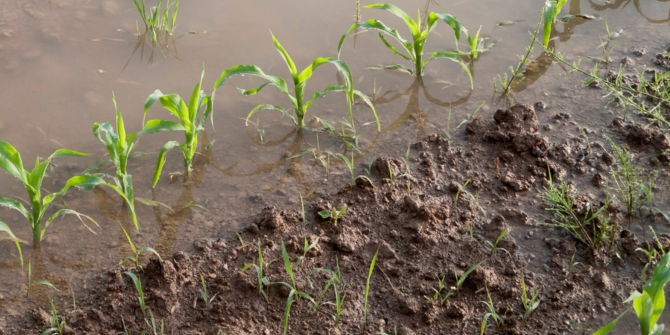While you may have heard of a percolation test, it can sometimes be tricky to know when one is required. Percolation tests are undertaken at properties to determine what size of drainage field, like a soakaway system for example, is needed for installation.
There are a number of important things to consider when you need to conduct a percolation test, so read our article to find out more.
Do I Need A Percolation Test?
If you are wanting to install a new drainage system, like a sewage treatment plant or soakaway, then a percolation is a necessary step of the process. One of its primary purposes is to measure the speed at which water drains away from the surrounding soil (this is signified by a Vp value).
No matter whether you already have a soakaway system which is in need of replacement, or you are installing one for the first time, it is essential that you carry out a percolation test before any new systems have been installed.
What Happens Before A Percolation Test?
Before you undertake a percolation test, you will first need to carry out a Groundwater Source Protection Zone search and a Trial Site Assessment Hole, which will allow you to fully inspect and assess the groundwater table within your site.
These crucial tests are used to ensure that the new system installation will not pose a threat to any groundwater sources which may affect drinking water supplies. Similarly, these tests are needed to evaluate the risk that your new drainage system will have on the existing water table level.
In England, failure to undertake or pass these necessary tests could result in your planning permission being declined and you will no longer be able to install your drainage system.
Testing The Soil Type
As we have noted, percolation tests are great ways of measuring the flow of discharged water from a drainage system. In addition, the density of surrounding soil can vary from area to area, so a percolation test can measure what type of soil is within your site and whether it is suitable for a drainage system.
In some cases, water flows too slowly through a drainage system, resulting in flooding and pooling. On the other hand, there is also the risk of water flowing through a system at too high a speed, meaning that there may not be enough time to properly treat the water passing through.
Generally speaking when it comes to soil types, it is agreed that the best soil types for drainage systems are soils which are sandy and chalky, in comparison to the least suitable types which include both silty and clay soils. Conducting a percolation test will help you decide if the ground for your prospective system is compliant, as well as suggesting the size of drainage system you require.
Want To Learn More About Percolation Tests?
While we have noted some key information about when a percolation test is needed, you may now be eager to discover more about what a test involves, how to carry it out and much more. You can check out our handy blog on that here.
As the septic tank, sewage treatment plant and soakaway system experts, we know a thing or two about percolation tests. Make sure to contact us today should you have any further questions, or if you want to book a visit from one of our specialists!
